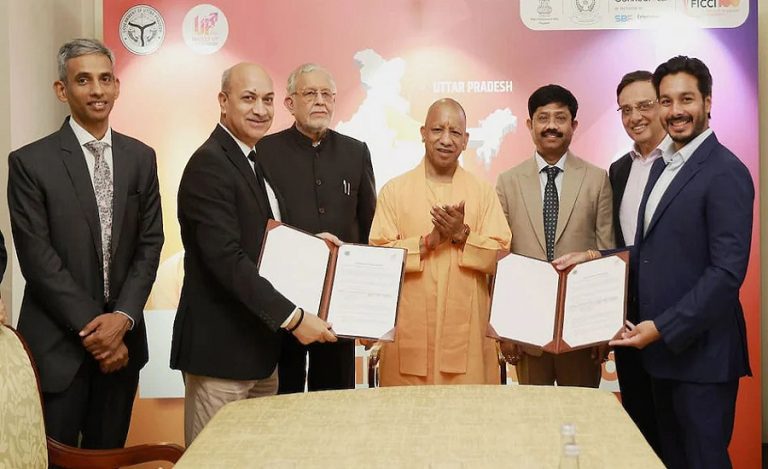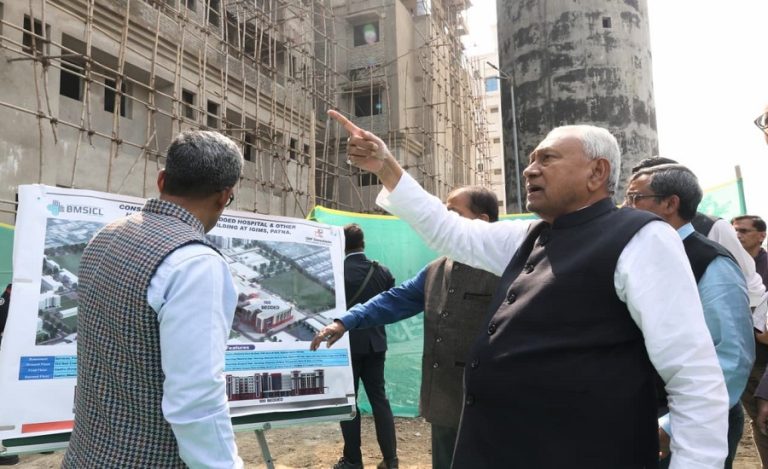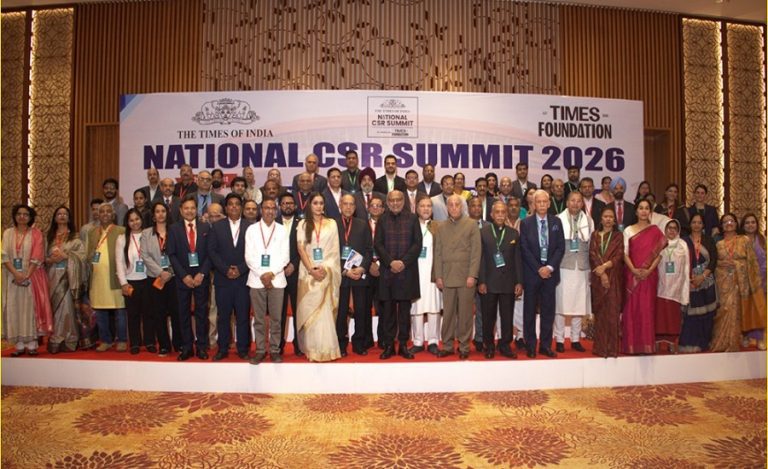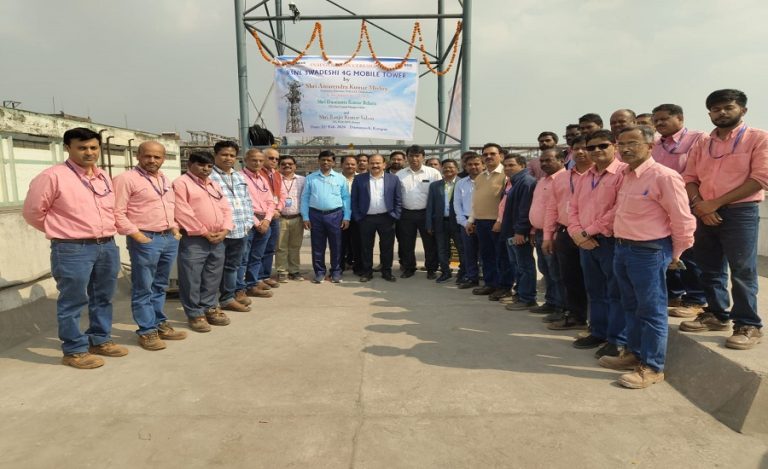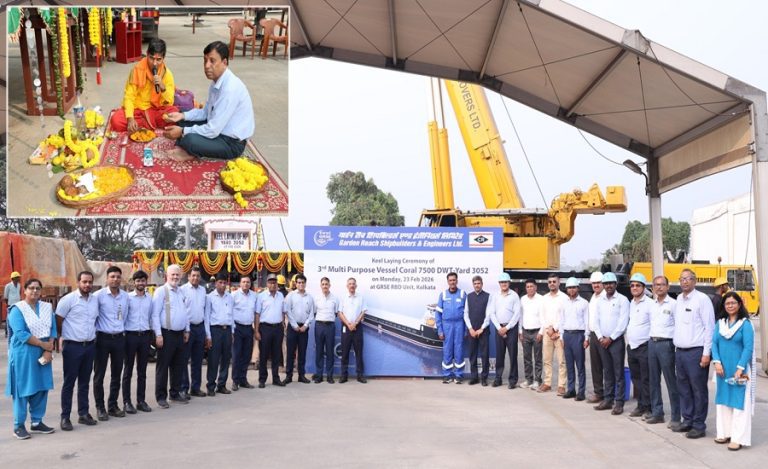New Delhi: The Central Government has filed a review petition against the Supreme Court’s landmark judgment dated May 23, 2025, which directed a progressive reduction in the deputation of Indian Police Service (IPS) officers to senior posts within the Central Armed Police Forces (CAPFs). The Apex Court had mandated that IPS deputation posts in the Senior Administrative Grade (SAG) – including ranks up to Inspector General – be cut back gradually over a period not exceeding two years.
Supreme Court Judgment Aims to Strengthen CAPF Cadres
The May ruling sought to address long-standing demands by Group A officers of the CAPFs for better career progression within their own cadres, separate from the IPS. The Court recognised CAPF officers as “Organised Services” for all intents and purposes, thereby validating their claim for a structured promotional path without excessive reliance on IPS deputation.
An estimated 13,000 officers from CAPFs were anticipated to benefit from this reform, as it promised to reduce IPS dominance and promote internal promotions within the paramilitary forces.
Ministry of Home Affairs Challenges the Verdict
Despite the clear Supreme Court directive, the Ministry of Home Affairs (MHA) has continued to appoint IPS officers to senior CAPF positions. Since the verdict, at least eight appointments at ranks from Commandant to Inspector General have been made, prompting the MHA to seek a review of the judgment.
The Ministry submitted the review petition on July 11, 2025, highlighting concerns over the practical implementation and impact of the ruling on the overall administration and management of CAPFs.
Background: Decade-Long Legal Battle by CAPF Officers
The case originated in 2015 when Group A officers serving in CAPFs sought judicial intervention for Non Functional Financial Upgradation (NFFU), a cadre review, restructuring, and amendments to recruitment rules. Their goal was to curtail the disproportionate deputation of IPS officers and create a fair system for internal promotions, particularly at the Senior Administrative Grade level.
Currently, 20% of Deputy Inspector General (DIG) posts and 50% of Inspector General (IG) posts in CAPFs are reserved for IPS officers. The Supreme Court’s ruling, if fully implemented, would substantially reduce these reservations.
Implications for CAPFs and IPS Officers
The CAPFs – comprising the Border Security Force (BSF), Central Industrial Security Force (CISF), Central Reserve Police Force (CRPF), Sashastra Seema Bal (SSB), and Indo-Tibetan Border Police (ITBP) – operate under the administrative control of the MHA, which oversees cadre management for both IPS and CAPF officers.
The dispute underscores the tension between IPS officers and CAPF personnel regarding career progression, authority, and operational control. The review petition reflects the Centre’s caution towards abrupt restructuring, as it weighs the operational effectiveness of CAPFs alongside cadre management


